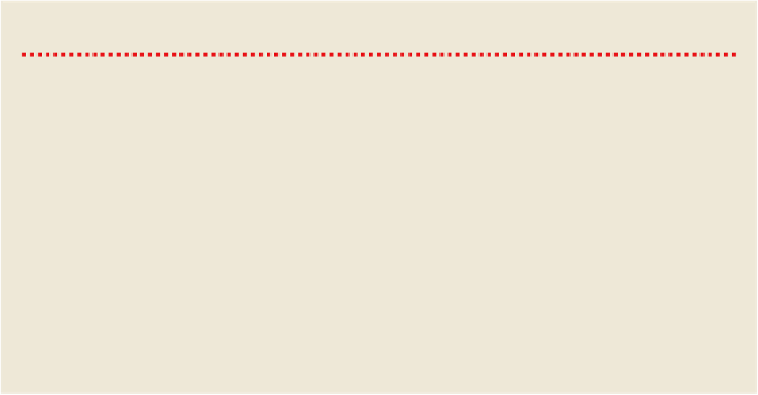Travel Reference
In-Depth Information
drop of just 1m in wet-season water levels on the Tonlé Sap would result in around 2000
sq km less flood area, with potentially disastrous consequences for Cambodia's farmers.
Overseeing development plans for the river is the
Mekong River Commission
(MRC;
www.mrcmekong.org
)
. Formed by the United Nations Development Programme and in-
volving Cambodia, Thailand, Laos and Vietnam, it is ostensibly committed to sustainable
development.
DOING YOUR BIT
Every visitor to Cambodia can make at least a small contribution to the country's ecological sustainab-
ility.
»
Lead by example and dispose of your rubbish responsibly.
»
Drink fresh coconuts, in their natural packaging, rather than soft drinks in throwaway cans and
bottles.
»
Choose trekking guides who respect both the ecosystem and the people who live in it.
»
Avoid eating wild meat, such as bat, deer and shark fin.
»
Don't touch live coral when snorkelling or diving, and don't buy coral souvenirs.
»
If you see wild animals being killed, traded or eaten, take down details of what and where, and con-
tact the
Wildlife Alliance
( 012 500094; wildlifealliance@online.com.kh), an NGO that helps
manage the government's Wildlife Rapid Rescue Team. Rescued animals are either released or taken
to the Phnom Tamao Wildlife Rescue Centre.
Sand Extraction
Sand dredging in the estuaries of Koh Kong Province, including inside the protected Peam
Krasaop Wildlife Sanctuary, threatens delicate mangrove ecosystems and the sea life that
depends on them. Much of the sand is destined for Singapore. For details, see Global Wit-
ness' 2009 report
Country for Sale
(
www.globalwitness.org/library/country-sale
)
.
Banned in Cambodia, the damning 2007 report
Cambodia's Family Trees
, by the UK-based environ-
mental watchdog Global Witness (
www.globalwitness.org
), exposes Cambodia's most power-
ful illegal-logging syndicates.




